THEATRE
AND ENCOUNTER
THE PSYCHOLOGY OF THE DRAMATIC RELATIONSHIP
ROGER GRAINGER
Whats Hecuba to him or he to Hecuba (Hamlet II, 2)
Order this book online at www.trafford.com
or email orders@trafford.com
Most Trafford titles are also available at major online book retailers.
Copyright 2014 Roger Grainger.
All rights reserved. No part of this publication may be reproduced, stored in a retrieval system, or transmitted, in any form or by any means, electronic, mechanical, photocopying, recording, or otherwise, without the written prior permission of the author.
ISBN: 978-1-4907-1729-6 (sc)
ISBN: 978-1-4907-1728-9 (e)
Because of the dynamic nature of the Internet, any web addresses or links contained in this book may have changed since publication and may no longer be valid. The views expressed in this work are solely those of the author and do not necessarily reflect the views of the publisher, and the publisher hereby disclaims any responsibility for them.
Any people depicted in stock imagery provided by Thinkstock are models,
and such images are being used for illustrative purposes only.
Certain stock imagery Thinkstock.
Trafford rev. 01/03/2014
 www.trafford.com
www.trafford.com
North America & international
toll-free: 1 888 232 4444 (USA & Canada)
fax: 812 355 4082
CONTENTS
This book is meant for students of theatre and the performing arts, whether or not they consider themselves to be actors. After all, everybody acts. As Erving Goffman made so abundantly clearand so strikingly dramatic, our social life is not simply expressed but presented, and consequently heightened in the process. Thousands of times a day we shape our ordinary communications into the forms of art, with a gesture here, a pause there, a lowering or raising of tone, an intuitive choice of where and how to sit or stand; the exact moment to say something and the precise place to say it Automaticallyor at least without any conscious awareness of being engaged in dramawe set the scene for encounter, adjusting the position of the furniture and the intensity of the lighting to maximise the impact of our words. The purpose of these habitual manoeuvres is not to deceive the people they are aimed at, but simply to impress them as strikingly as we can with our point of view. We do this by using drama to shift the scene for us, adjusting it in a way that makes it easier to share the quality of our experience as if what we are talking about actually involves them in the same way. Perhaps the best example of this is Goffmans account of the way in which we use the present historic tense to describe dramatic incidents in our own lives, making the past grammatically present so that the experience may be recreated and its impact shared: Im walking along the lane, and its dark so I cant see more than a few inches ahead, when, suddenly, out of nothing, this form appears etc.
This is the kind of wholly functional dramatic exchange familiar to everyone as part of their daily living. Its psychological value is obvious. It is a way of sharing personal reality, and is thus an important technique for getting across to other people what something or other really felt like. The connection between drama and other kinds of human interpersonal behaviour must be stressed, owing to a very definite cultural assumption that identifies drama with telling lies, the intention to preserve our own self-esteem by deceiving somebody else. Any attempt to improve our own account of reality, so that it becomes more immediate, less unstable, is met by the same kind of resistancejust stick to the facts, please! Theres no need to be dramatic
Drama itself is more acceptable under the guise of theatre, an art-form which is dedicated to coming clean about the manipulation of realities necessary in order to achieve human truthfulness about itself. By proclaiming its own artificiality, theatre disarms our scepticism about the life enhancing power of shared imagination, a fact which should always be remembered in any discussion about the psychology of drama. Everybody acts, because everybody has to do so: in order to be at peace with ourselves we need to become aware of the theatrical nature of our own dramatic ways of behaving. Somehow we have to give ourselves permission to stand back in order to look behind the games we play so very naturally. One way to do this is to organise a special, inclusive, game about games
The conscious distancing on which theatre depends reproduces and extends a more primitive gesture of personal definition and self discovery described by dynamic psychology. One school of this, Object Relations Theory, makes us aware of a stage in our personal psychological development when we actually become persons for the first time: learning who we ourselves are by discovering, albeit painfully, precisely who we are not. The experience of being separate permits the experience of coming into relation, as this distance is a creative tension not an isolating barrier. Human relationship depends, in fact, on this kind of separateness , as the presence of this absence extends the promise of unity envisaged as re-union with the lost part of our self now perceived as the other person. Once this stage in our psychological growth has been reached personal wholeness will always, in some way contain this absence, which only being in relationship can make tolerable for us. Just as it is psychologically right for us to be separate, otherwise there can be no reality of selfhood, so it is equally right for us to be together. Winnicott identified this psychological distancing, holding within itself the promise personal wholeness in-relation, as potential space (1971a). It is experienced by the growing infant as opportunity rather than restriction, a time and place of discoverydiscovery of the self through discovering the other. This process of reaching out, reaching across suggests ways of filling the gap between self and other while preserving the identity of boththe well known transitional object which Winnicott himself identified as the origin of our human use of symbolism to bridge the gap between what can be physically, mentally and emotionally grasped and things that are totally evasive, while being perceived as equally true, equally salient, if not more so.
Winnicotts claim certainly appears to be more than justified with regard to theatre. Theatre makes use of distance as a way of intensifying our identification with other people. What object relations psychology recognised as the function of art itself stands out remarkably clearly in drama which has achieved its proper theatrical expression. Writing about classical Greek theatre, Martin Buber attributes its amazing power to the starkness of the division between auditorium and stage, theatron and skene, within the immense theatres of the ancient world. Soul cries out to soul, body to body, across the man-made ravine which separates them. However, instead of having a distracting or alienating effect this distance actually unites actor and spectator within the confines of the drama and co-existensive with the action of the playwhat Winnicott might have referred to as a transitional world of potential intimacy. Buber himself speaks of the theatre as a place and time of polar unity, permitting a degree of theatrical truth completely beyond the scope of the naturalistic performances he had witnessed in more realistic settings. In much the same way another theatre critic-turned-philosopher, Soren Kierkegaard records how he preferred the performance of a forty-year old Juliet to the same actresss version of the role while still in her teens. This time it was the age distance which refined and empowered performance. A gap of twenty years gave both her and the audience ample opportunity to reach across and embrace the young girl who was taking shape within the play. Both Buber and Kierkegaard were existentialist philosophers, concerned with the selfs experience of, and responsibility for, itself; both reached out to what lay beyond and outside the self, reflecting the human urge to comprehend the unknown as a way of controlling it. Truth, beauty, wholeness live at a distance from us, they may not be forced to submit to our homologising efforts and still remain themselves.
Next page
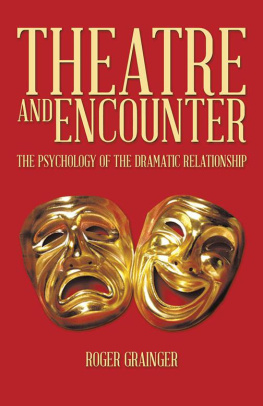
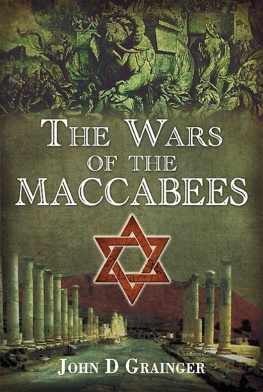
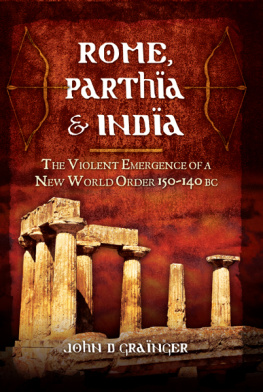


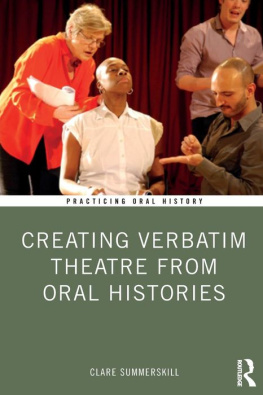
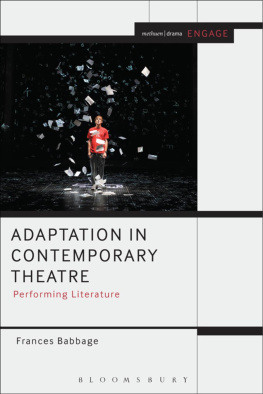
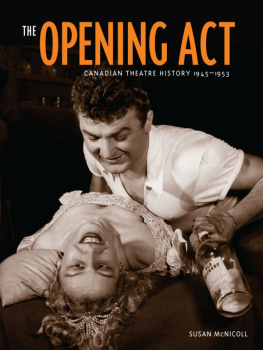
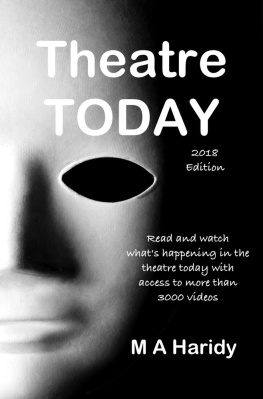
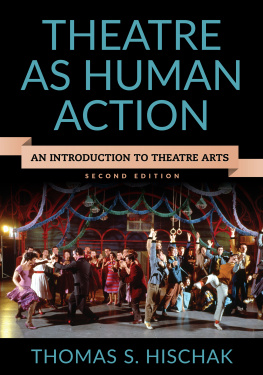
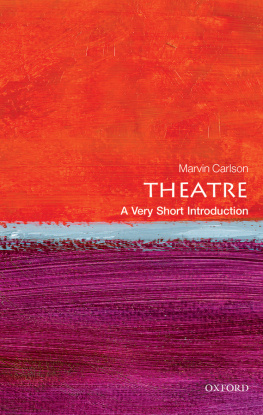
 www.trafford.com
www.trafford.com